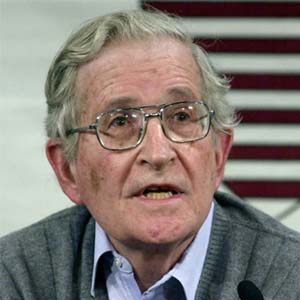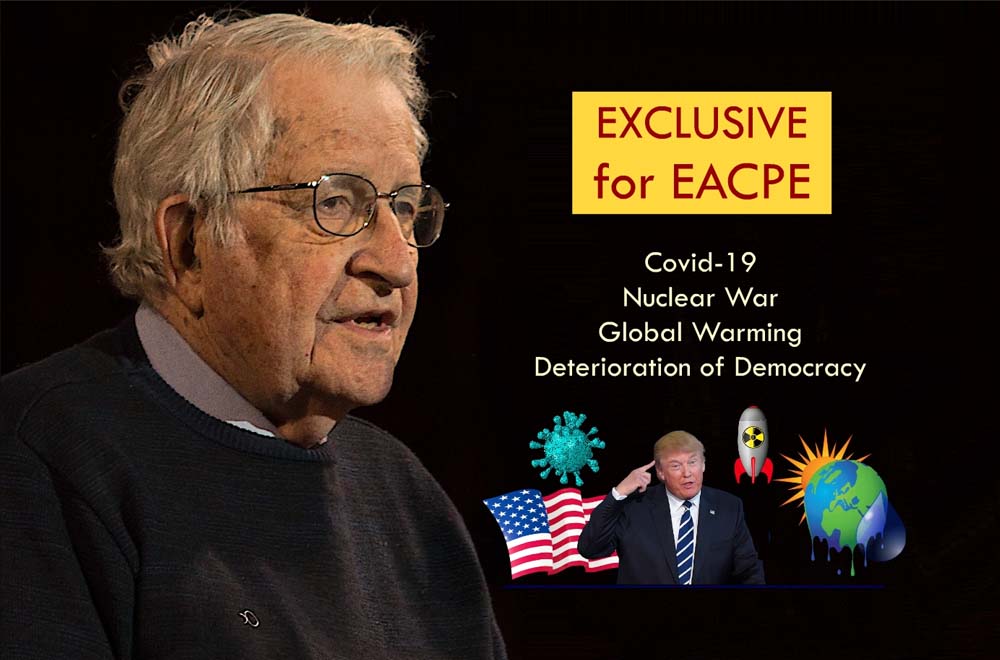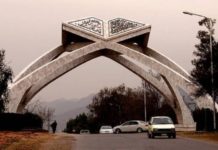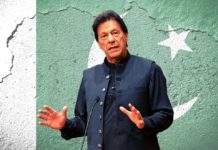Why Is The World At A Precipice? How To Deal With It?
Hear EACPE’s senior board members respond
1- Noam Chomsky — EXCLUSIVE for EACPE
We are living in a remarkable moment, in fact a moment unique in human history. It is a moment of confluence of severe crises, at least four, which threaten the survival of organized human life on earth, not in the distant future.
The least ominous of the four is the ongoing pandemic. It is having a severe toll, though not everywhere. Governments with some concern for their populations have managed to keep it under control. Others have not. The worst is the most powerful state in the world, with extraordinary advantages, but suffering under leadership of unusual malevolence: the United States. The most successful are the countries of Asia and Oceania. It is important to understand how this happened if we hope to escape the next and probably worse pandemic, and also to understand – and to extirpate – the roots of today’s disaster.
Right now scientists are issuing warning quite similar to those of 2003, after the SARS epidemic was contained. Again, they are spelling out what must be done to contain the likely coming pandemic. But it is not enough to have knowledge; someone must act on it.
The obvious candidate in 2003, and again today, was the drug companies, which have enormous wealth and fine laboratories. But they are barred by capitalist logic, which dictates that actions are determined by profit, not need. It is more profitable to produce what can be sold today than to prepare for a catastrophe down the road.
The next candidate is the government, again with huge financial and scientific resources. In fact, much of the crucial work in developing drugs and vaccines is done in the public sector, then handed over to private enterprise for adaptation to the market and profit. But the government is also barred, in this case by neoliberal doctrine, which dictates that “government is the problem, not the solution.” These were Ronald Reagan’s words as he assumed office, formulating the basic principle of neoliberalism. Decisions have to be removed from government, which is at least partially responsive to popular concerns and needs, and transferred to unaccountable private power, which is dedicated to self-enrichment, as explained by neoliberal guru Milton Friedman.
When the pandemic struck, the Trump administration floundered from one absurdity to another, setting scientific advice to the side, creating the world’s most dreadful Covid-19 disaster.
So government is barred, though not completely. Here variations enter. When Barack Obama was elected in 2008, one of his first acts was to convene the Presidential Scientific Advisory Board (PSAC), and to request a program to respond to the anticipated pandemic. His science-oriented administration put the program in place. Eight years later, Donald Trump was elected, leading an administration that vies with Pakistan in contempt for science. In his first days in office, he dismantled the pandemic response program. He began defunding the Center for Disease Control and other health-related components of government, a process that continued annually, even in his budget proposal of February 2020, while the pandemic was raging. He also cancelled programs that sent American scientists to work with Chinese colleagues to identify dangerous coronaviruses, also rejecting regular studies warning of the dire threat.
As a result, the US was singularly unprepared. When the pandemic struck, the Trump administration floundered from one absurdity to another, setting scientific advice to the side, creating the world’s most dreadful Covid-19 disaster.
These are all matters that should be kept in mind if we are to avoid the next pandemic, which could be much worse. So far, the coronaviruses have been highly contagious but with limited lethality (like the current one), or highly lethal but not too contagious (like Ebola). The next one might well combine both malign features.
The only hope of overcoming the two existential crises is vibrant democracy in which informed citizens are engaged in determining their fate, and that of the world.
That is the least of the four crises we face. The other three were raised in the annual setting of the famous Doomsday Clock of the Bulletin of Atomic Scientists last January, providing an assessment of the state of global security. The minute hand has been moved closer to midnight – terminal disaster – every year of Trump’s presidency, two years ago reaching the closest point since it was first set in the wake of the atomic bombings 75 years ago. Last January the analysts abandoned minutes and moved to seconds: 100 seconds to midnight. They identified three imminent crises: nuclear war, global warming, deterioration of democracy. At first glance it might seem that the third does not belong, but it does: the only hope of overcoming the two existential crises is vibrant democracy in which informed citizens are engaged in determining their fate, and that of the world.
I will not run through the details here – they should be familiar – but Trump has managed in the past six months to escalate all three of these threats.
We will emerge from the pandemic, at terrible and unnecessary cost. We are very unlikely to emerge from the threat of the development of new and even more horrific weapons unleashed by Trump’s dismantling of the last shreds of the arms control regime that has offered some limited hope for survival.
We will not, certainly not, emerge from the ongoing melting of the polar ice sheets and other severe assaults on the environment that sustains life. If continued, these assaults will make much of the inhabited world unlivable in coming years, including South Asia.
There are solutions to all of these problems, just as there are for containing the next pandemic. But again, having the knowledge is not enough. It is necessary to act.
About the Author










